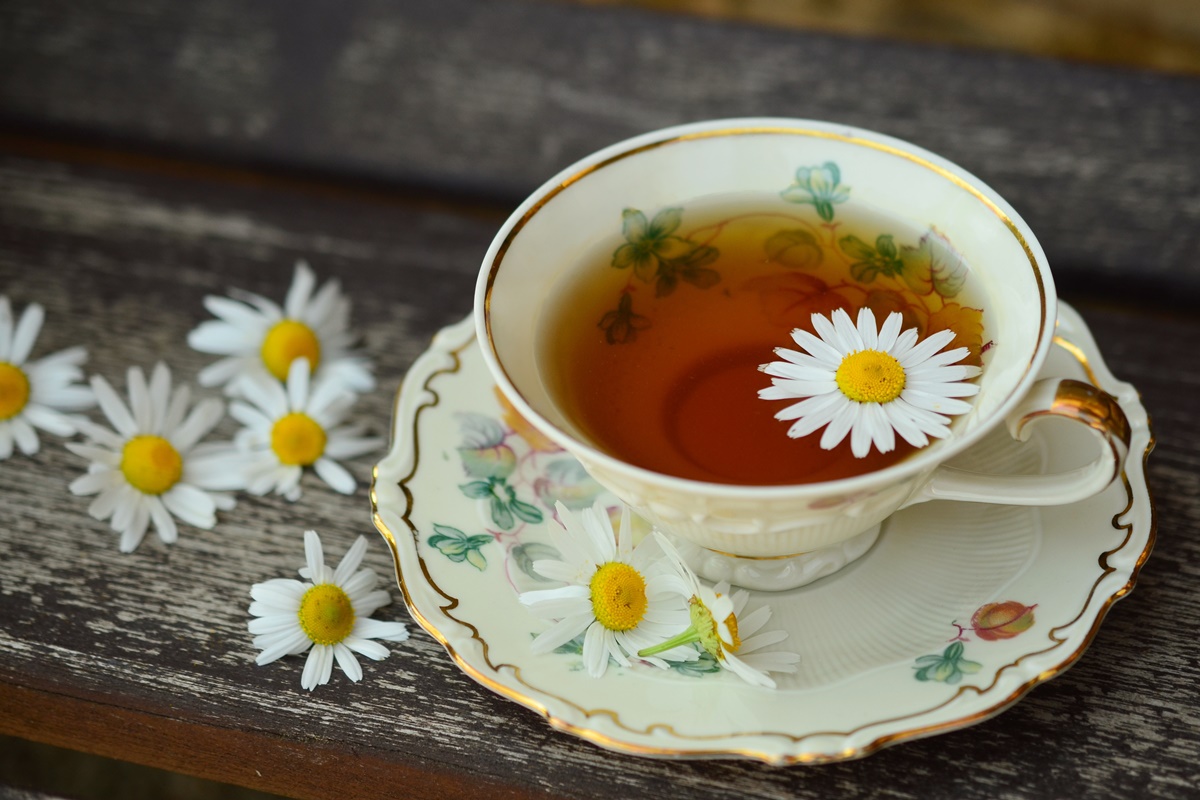Chamomile tea: benefits, contraindications and ideal preparation

You've probably heard that chamomile tea helps you calm down. But what few people know is that this delicate little plant can offer much more than a peaceful night's sleep. According to nutritionist Ingrid Ulhoa , chamomile tea has therapeutic properties that affect everything from the digestive system to controlling blood sugar and cholesterol — but it also has important contraindications.
Therapeutic properties
According to the expert, chamomile (Matricaria recutita) is recognized for several actions in the body:
- Calming and anxiolytic: helps reduce anxiety and improves sleep quality.
- Anti-inflammatory: helps relieve gastrointestinal and muscular inflammation.
- Antispasmodic: useful for intestinal and menstrual cramps .
- Digestive: facilitates digestion and reduces gas after meals.
- Mild sedative: helps relieve stress and daily tension.

Metabolic health
According to the nutritionist, studies indicate that regular use of chamomile can help with:
- Glycemic control: possible reduction in blood glucose levels .
- Cholesterol reduction: improvement in the lipid profile, with a reduction in LDL.
- Blood pressure: mild vasodilatory action, which can help those suffering from stress-related hypertension.
Ingrid warns that, despite being natural, chamomile tea requires attention in some situations:
- Pregnant women: use should be guided, especially at the beginning of pregnancy , due to the slight uterine action.
- Allergies: People with sensitivity to plants in the Asteraceae family (such as daisies and chrysanthemums) should avoid.
- Drug interaction: may enhance the effect of anticoagulants.
- Excess: High doses may cause drowsiness, nausea or stomach discomfort.







Teas promote the well-being and health of the body
Getty Images
They can be eaten hot or cold.
Getty Images
Drinking tea can speed up your metabolism
Getty Images
Including this drink in your diet also helps with weight loss.
Getty Images
Long-term intake helps eliminate toxins from the body. Always remember to consult a doctor or nutritionist before making any changes to your diet.
Getty ImagesNutritionist Ingrid Ulhoa recommends drinking 1 to 2 cups a day. Always choose an infusion made from dried ( organic ) flowers, avoiding industrialized versions that contain sugar or additives.
metropoles

